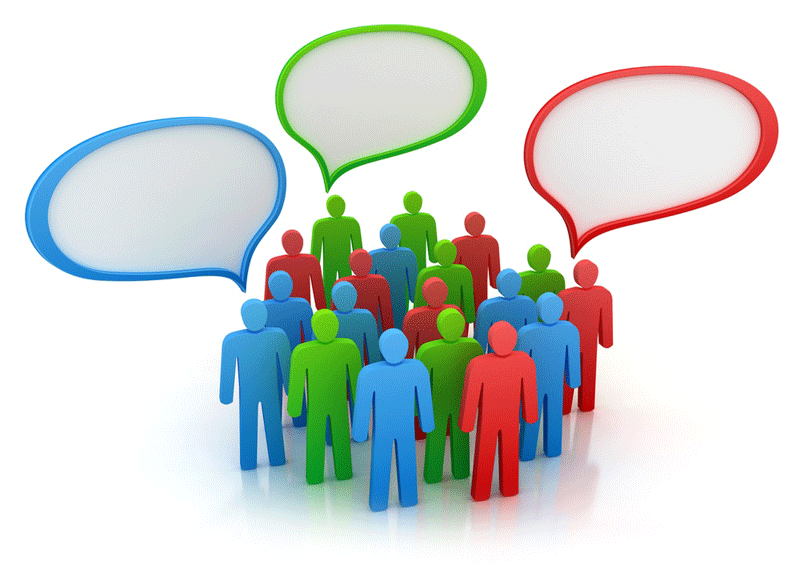
Media love polls. Data sets help identify trends that can be turned into stories or support or debunk a particular story narrative.
Polls have become instrumental in helping shape politics. Consider the GOP debates for the 2016 presidential election. Approval ratings are determining what candidate gets national camera time and who doesn’t.
Americans love polls too, unless they are asked, “Would you like to take a brief survey?” We get to find out what is the best-tasting ice cream or coffee, what is America’s favorite color (blue by the way), and that that 4 out 5 dentists recommend Trident to their patients who chew gum.
Polling in the U.S. pretty much started in the early 19th century during Andrew Jackson’s second presidential bid when supporters conducted polls at rallies. Much has changed since then, partly because in 1932, George Gallup through a new methodology accurately predicted that his mother-in-law would win a local Iowa election for secretary of state. The rest is history.
Today we have all kinds of polls, and not just political ones. There are straw polls, opinion polls, tracking polls, exit polls, and surveys of all kinds. But can polling really influence decisions? If the majority of Americans say they would vote for a particular candidate, would that sway someone’s decisions one way or another? Many political pundits say that President Clinton was notorious for using polls, but did that comprise a desire for popularity from doing what he believed was right? Whatever the reason, he certainly was one of America’s more popular presidents as the country experienced considerable economic growth and expansion during his tenure.
Polling helps keep the media business alive, and as many PR pros can attest, helps define business stories and trends that are so vital to reporters.
There is much debate on polling in America, some even calling for banning them. General consensus, however, believe otherwise, and say that polls serve a greater good. Another important question is how accurate are polls? Most experts agree that, when done right, they are accurate, which is corroborated by modern history, including Gallup’s 1932 prediction.
One organization that is surveying the attitudes and trends shaping America and the world is the Pew Research Center. Did you know that 51 percent of people across 40 countries including the U.S. believe they already are being harmed by climate change? That number drops to 41 percent among Americans. No doubt these numbers can impact policy making decisions whatever side the climate change debate you sit on.
So, it’s probably safe to say polls are good, unless the next poll shows that they aren’t.
